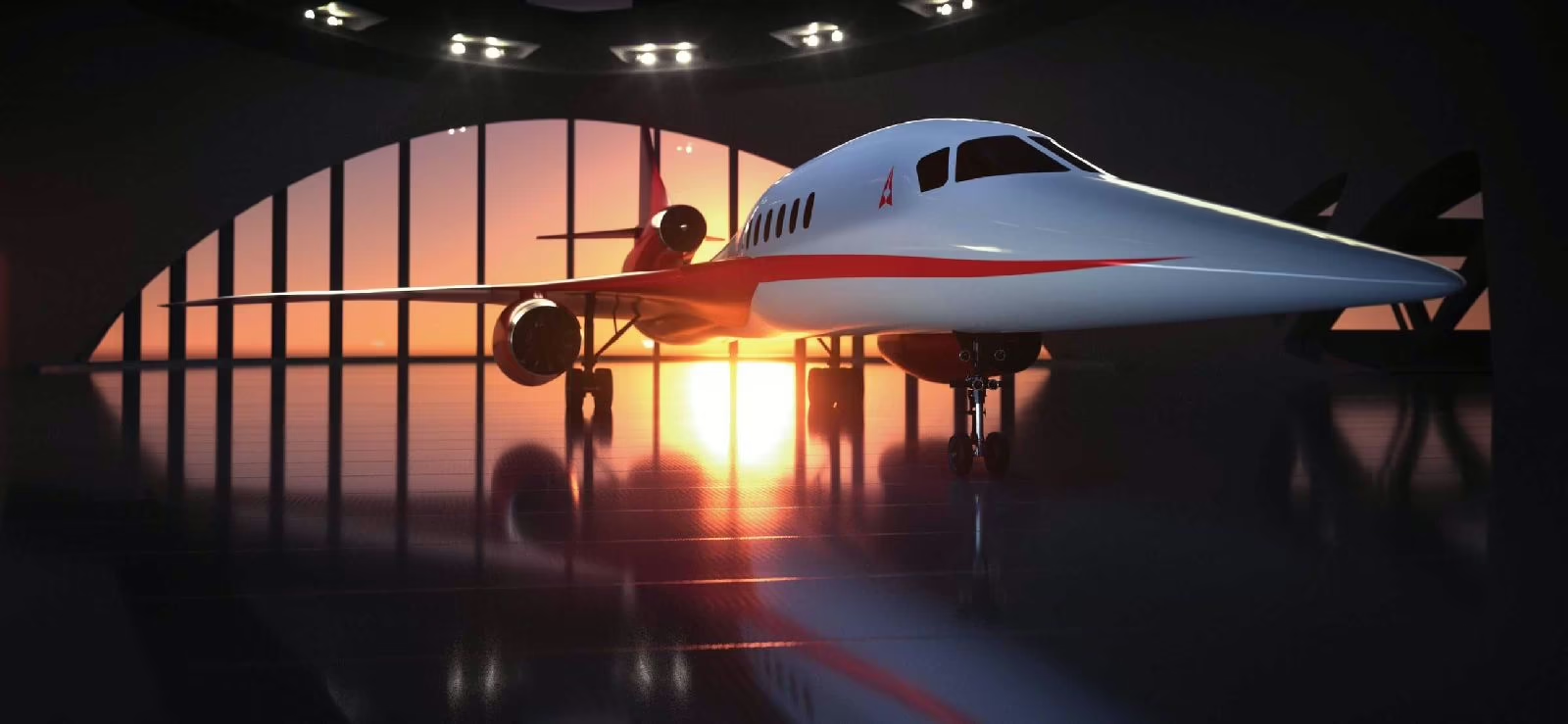AS2's Demise Reverberates Across Aviation Supply Chain

Credit: Aerion Corp.
Supersonic aircraft developer Aerion’s sudden decision to cease operations of its AS2 program after 18 years of development reverberated across the intended supply chain and among operators that had expressed commitments to buy the future business jet. The startup aimed to build 300 AS2s in the...
Subscription Required
This content requires a subscription to one of the Aviation Week Intelligence Network (AWIN) bundles.
Schedule a demo today to find out how you can access this content and similar content related to your area of the global aviation industry.
Already an AWIN subscriber? Login
Did you know? Aviation Week has won top honors multiple times in the Jesse H. Neal National Business Journalism Awards, the business-to-business media equivalent of the Pulitzer Prizes.


